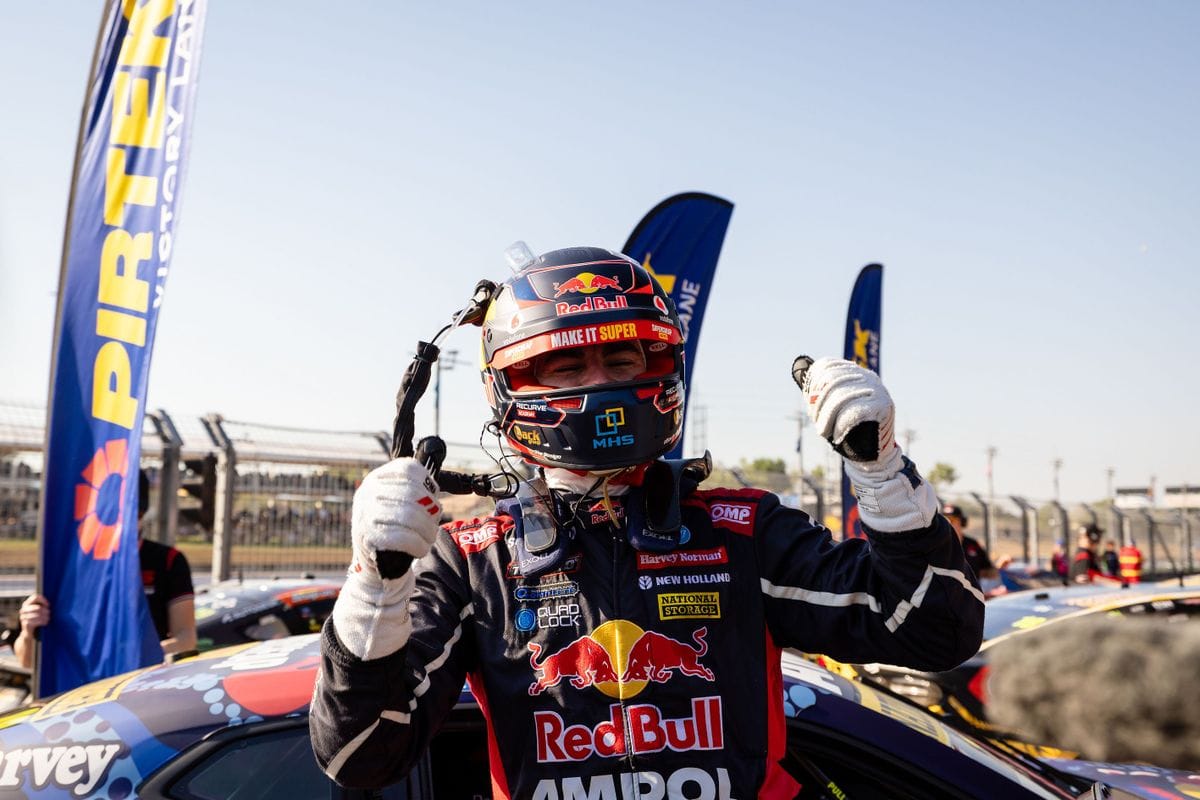Home of the Triple Crown


The evolution of the Darwin Triple Crown
Introduced in 2006, the Darwin Triple Crown was traditionally awarded to the driver who won all three sprint races at Hidden Valley – a notoriously difficult feat with only Scott McLaughlin achieving this in the traditional format in 2019. In 2025, Broc Feeney became only the third driver to claim the coveted Darwin Triple Crown.

Format & Points
Points will be awarded for each race, based on distance, with a maximum of 300 points available over the weekend.
• Race 1 (Friday, 100km): Winner receives 60 points
• Race 2 (Saturday, 200km): Winner receives 120 points
• Race 3 (Sunday, 200km): Winner receives 120 points
Points are distributed to all classified finishers, with decreasing amounts awarded to lower positions.
An additional 5 bonus points are awarded to the driver who sets the fastest lap in each race, provided they finish within the top 15.

Determining the Triple Crown Winner
The Darwin Triple Crown is awarded to the driver who accumulates the highest total points across all three races, including any bonus points for fastest laps.
Get set for an epic on-track battle for the coveted Triple Crown title in 2026!
